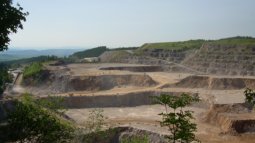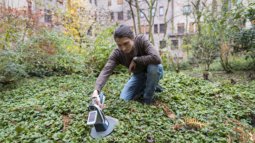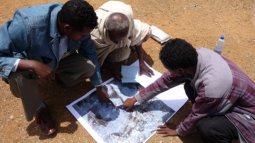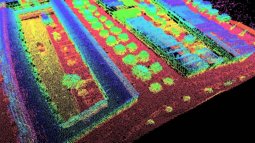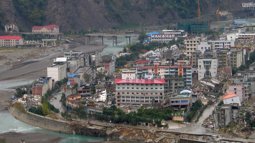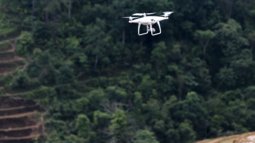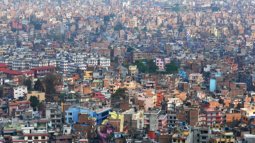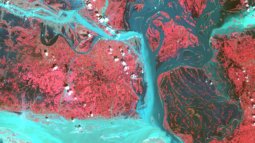WHICH OF THE SEVEN SPECIALISATIONS SUITS YOU BEST?
At the start of your Master’s in Geo-Information Science and Earth Observation, you can choose a specialisation. In this way, you personalise your programme, so you can develop a distinct expertise. You can choose from seven unique specialisations that will put you at the forefront of geo-information and spatial data science. You can also tailor the programme to your own needs by choosing a variety of courses on offer. Your choice determines which courses you will take and the type of research you will do as part of your master’s thesis. In the first quartile, you can decide which specialisation suits you best.


